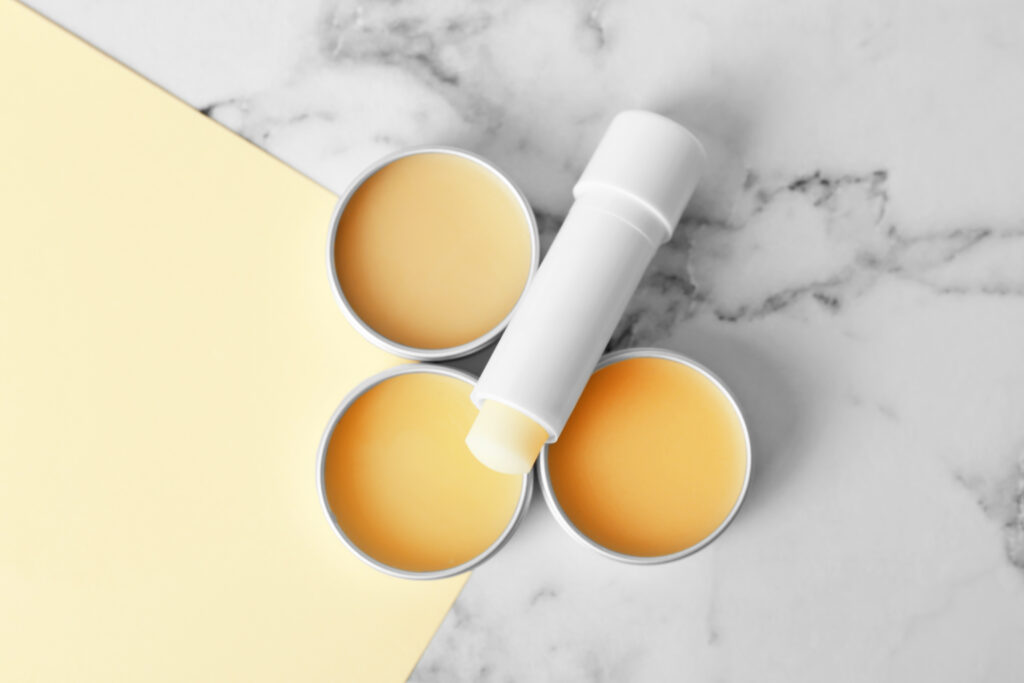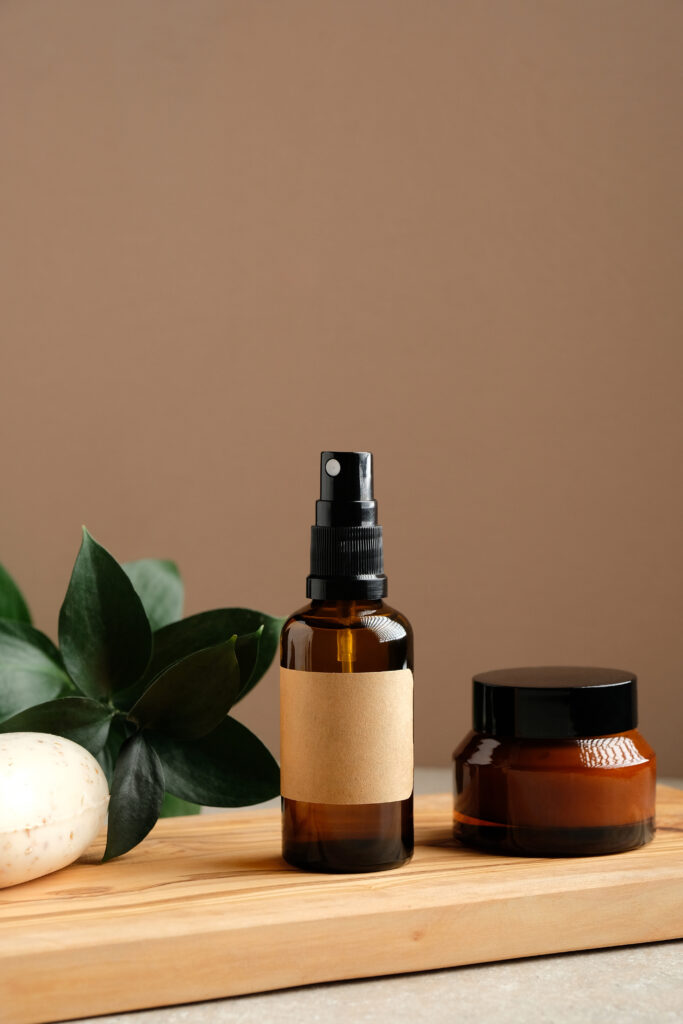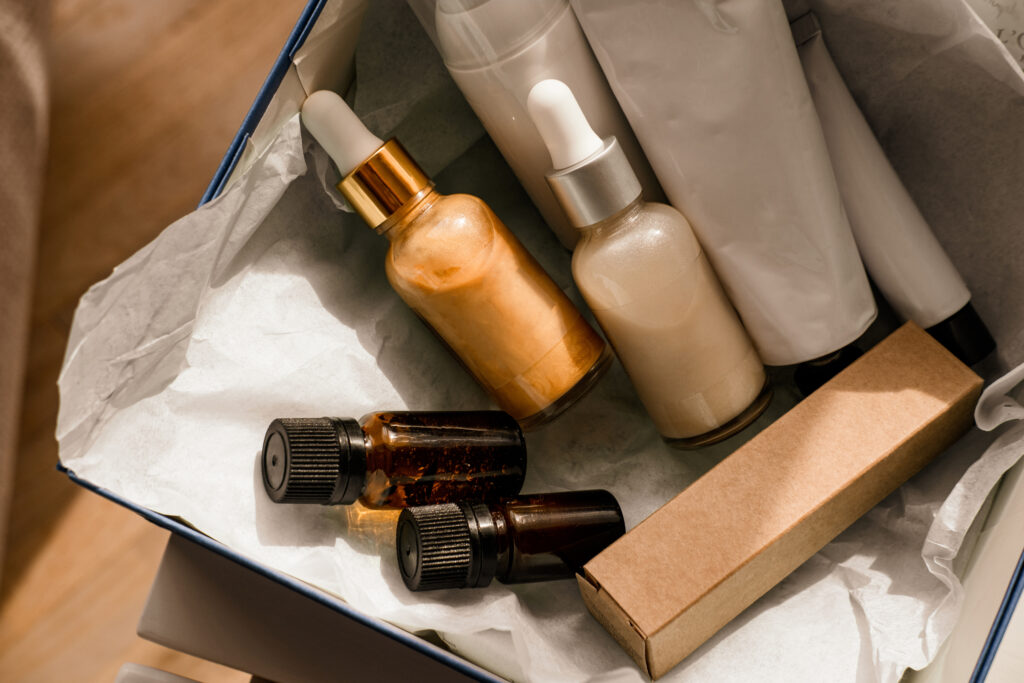How to start a skincare business without burning out or going broke? Here’s the real deal.
Starting your own skincare brand sounds like a dream, right? Until you realize it’s also a massive puzzle of science, marketing, regulations, and let’s be honest—your sanity. Whether you have a cosmetic science degree or you’re starting with pure passion and a Pinterest board full of ideas, this guide is for you. We’re skipping the fluff and giving you 10 realistic, no-nonsense tips to help you build something meaningful, sustainable, and profitable. If you’re serious about launching your skincare business, you’re in the right place.
Table of Contents
1- You Don’t Need a Degree, But You Do Need Real Knowledge
🎓 Learn the basics of cosmetic science—even without a lab coat.
You don’t need a formal degree in cosmetic chemistry to launch a skincare brand—but that doesn’t mean you can skip the science altogether. In fact, one of the biggest mistakes beginner formulators make is relying on internet myths or blindly copying recipes from social media. Just because a product “looks natural” doesn’t mean it’s safe, stable, or effective.
Think of your skincare business as a science-driven project, not just a creative one. Yes, aesthetics matter. Yes, your branding matters. But if you’re selling a product that goes on someone’s skin, you need to understand what’s inside that bottle. Period.
What should you study?
You don’t need to dive into full-blown organic chemistry textbooks, but you do need to:
- Learn the basics of cosmetic formulation: emulsions, preservatives, surfactants, actives, and more.
- Understand ingredient functions through INCI decoding.
- Use credible sources like cosmetic science books, peer-reviewed journals, supplier documentation, and trusted formulation blogs.
At SwonLab, we specialize in helping beginner formulators build this foundation—without the overwhelm. Our resources break down the science in a way that’s easy to follow, even if you’re just starting out.
📚 Recommended Read:
Check out our blog post on debunking skincare myths and explore the difference between influencer tips and science-backed skincare advice.
2- Start Simple: Oil-Based Products Are a Smart First Step
🧴 Avoid microbial risks and learn to formulate with confidence.

One of the most beginner-friendly ways to start a skincare business is by formulating oil-based products.
Why? Because they don’t contain water—meaning you can avoid the complex world of microbial contamination, preservative systems, and stability testing (at least for now).
Oil-based serums, body oils, lip balms, cleansing oils, and even scalp treatments can all be created with relatively simple techniques and readily available ingredients.
These formulas are shelf-stable, beginner-safe, and offer a wide product variety without requiring expensive testing or lab equipment.
Here’s why starting with oils makes sense:
- ✅ No water = no need for broad-spectrum preservatives
- ✅ Lower risk of microbial contamination
- ✅ Easier to test and tweak at home
- ✅ Great learning tool for understanding ingredient synergy and texture
- ✅ Can be scaled from small batches to commercial runs smoothly
Of course, not every oil-based product is automatically “safe” or “perfect”—you still need to work with proper formulation percentages, oxidation-resistant packaging, and ingredient compatibility. But compared to emulsions or water-based gels, this is a forgiving place to start.
💡 Tip: Focus on one oil-based product that solves a specific problem. Example: “A calming oil serum for irritated skin” or “A glow-enhancing facial oil for dry skin types.”
📖 Explore More:
👉 Read: Why Starting a Skincare Brand with Oil-Based Products Makes Sense
👉 Download our eBook: Oil-Based Facial Serum Formulation Guide
3- Test, Tweak, Repeat: Learn Through Formulating
🔬Experience is your best teacher—start small, stay consistent.
Reading about formulation is one thing. Doing it is another. You can’t “think” your way to a perfect skincare product—you have to get your hands dirty (and maybe a little oily). This is where trial and error becomes your best friend.
The good news? You don’t need a full-scale lab to start.
A digital scale, mixing beakers, and a few good ingredients are enough to get going. Make micro-batches. Take notes. Change one variable at a time. See how it feels. Smells. Absorbs. Ask people you trust to try it. Tweak again.
🧪 Mini batching isn’t a waste of time—it’s R&D.
It’s during this stage that you start to understand:
- How oils behave differently on the skin
- Why one essential oil can overpower the entire product
- What a “stable” vs “separating” formula looks like
- How packaging can change user experience
The more you formulate, the more confident and intuitive you become. That’s something no course or textbook can replace.
4- Focus on One Signature Product
💡 Don’t chase trends. Create something that stands out—and stick to it.
You don’t need to launch with a full product line. In fact, trying to do too much too soon is one of the fastest ways to overwhelm yourself, confuse your audience, and burn out your budget. Instead, pour your energy into creating one incredible product—your signature.
Think of it as your brand’s calling card.
Something that’s:
- Unique in texture or ingredients
- Solves a real problem
- Aligned with your values (vegan, fragrance-free, minimal, etc.)
- Easy to remember and talk about
- Worth recommending
🧴 Whether it’s a facial oil, a barrier balm, or a solid cleanser—make sure it’s the one product people associate with your brand. This is what builds long-term recognition and loyalty.
✨ Pro tip: A strong hero product gives you marketing clarity. Instead of “Check out my skincare brand,” you can say “Try our bestselling calming serum—it’s designed for ultra-sensitive skin.” Big difference.
🌱 Minimal product range = clearer messaging = stronger brand.
5- Clean, Honest, Focused: Your Brand Identity Matters
🧼 Be the brand people trust, not the one trying to be everything.

Let’s be real: you’re not trying to be L’Oréal. And you don’t need to be.
You’re small. You’re starting out. And that’s your superpower.
Instead of mimicking big brands or chasing whatever’s trending on TikTok, focus on building a brand that feels authentic, focused, and trustworthy. People are tired of vague claims and overhyped miracle products. What they want is something honest. Something clear. Something that speaks to them.
💬 Ask yourself:
- What does your brand believe in?
- Who are you creating products for?
- What do you not do—and why?
These answers shape your tone of voice, visual identity, product descriptions, and even how you show up on social media.
And no, “clean beauty” isn’t a brand identity. Everyone says that.
Your job is to go deeper: Are you science-forward? Ingredient-transparent? Minimalist and effective? Formulator-owned?
🤍 Keep it simple. Be clear about what you offer—and what you stand for. That’s how you become memorable.
6- Choose a Memorable (and Searchable) Brand Name
🏷️ Your name is the first impression. Make it count.
Your skincare brand name isn’t just a name—it’s your first pitch.
Before anyone tries your product or reads your story, they’ll hear (or Google) your brand name. So make sure it’s not only creative, but also clear, easy to spell, and searchable.
Here’s what works:
- ✨ Short and memorable
- 🧠 Easy to pronounce and recall
- 🔍 Available as a domain name & social media handle
- 🚫 Not too similar to existing brands (trademark headaches = no thanks)
- 💬 Reflects your tone: minimalist, luxurious, playful, clinical, etc.
Avoid overly generic names like “Natural Skincare Co.” (there are about a thousand of those). Also steer clear of names that are hard to search or full of special characters.
🛠 If you’re stuck, start with a simple brainstorm:
- What emotions or results do you want to evoke?
- Any meaningful words from your own language or heritage?
- Can you blend two relevant words into something new?
Example: Our own brand name, SwonLab, is a fusion of “Skin Wonders (Swon)” and “Laboratory (Lab).”
It represents a balance of science and magic, minimalism and depth.
It’s short, distinct, and easy to search—exactly what you want in a name.
📌 Tools like Namecheckr or Lean Domain Search can help you quickly check availability.
7- Marketing Is Half the Battle
📣 Your product doesn’t sell itself. You have to show up
You can have the most beautiful, science-backed, skin-transforming product ever made…
But if no one sees it, no one buys it.
Marketing isn’t optional. It’s the engine behind every successful skincare brand. And no, it’s not about being pushy or salesy—it’s about telling your story, solving a problem, and staying visible.
Here’s where to start:
- 📸 Instagram & Pinterest – Skincare is visual. Share your process, ingredients, texture shots, and before/afters.
- 💌 Email marketing – Build a list from day one. Tips and behind-the-scenes updates—all work to build trust.
- 🧠 Blog content – SEO = long-term traffic. Educate your audience with blog posts that answer real questions.
- 🛍️ Product descriptions that convert – Don’t just say what’s inside. Say why it matters.
- 💬 Brand voice – Are you calm and clinical? Fun and bold? Educational and nerdy? Use a consistent tone.
Marketing isn’t manipulation—it’s communication.
And if you’re not marketing your brand, someone else is marketing theirs.
📌 Remember: Customers don’t automatically know you exist. You have to show up—consistently, clearly, and with value.
8- Build a Real Connection with Your Audience
🤝 Transparency and engagement build trust—and customers.
People don’t just buy products.
They buy stories, values, and people they trust.
As an indie skincare brand, you have a huge advantage: you’re not a faceless corporation. You’re real. You’re hands-on. You care. And that’s exactly what your audience wants—authentic connection, not corporate polish.
Here’s how to build that bond:
- 🗣 Share your story—why you started, what you believe in
- 📸 Show your process—behind-the-scenes content builds credibility
- 💬 Reply to comments, DMs, and emails—make people feel seen
- 📖 Educate—don’t just sell, teach something useful
- 🧠 Own your voice—speak like a human, not a brand manual
Real wins. In an ocean of over-designed, over-marketed brands, honesty stands out.
💡 Whether you’re formulating in your kitchen or scaling production, let people in on the journey. That transparency turns casual followers into loyal customers—and loyal customers into brand advocates.
9- This Will Take Time (But That’s a Good Thing)
⏳ Set realistic timelines. You’re building something real.
Let’s drop the fantasy:
You’re not going to launch your skincare brand today and make $10K next week.
And that’s okay.
Building a meaningful business takes time. Not because you’re doing it wrong—but because you’re doing it right. You’re laying a foundation, not building a sandcastle.
What takes time?
- 🌱 Learning formulation through testing and iteration
- 🛍 Creating a product line people actually want
- 📣 Growing an audience that trusts you
- 🔍 Getting indexed and ranked on Google (SEO isn’t instant)
- 📊 Understanding what works (and what doesn’t) through feedback
The first 3–6 months might feel slow. That’s normal.
The real momentum builds when you stay consistent—even when it feels like nothing’s happening.
🧭 You’re not behind. You’re not late.
You’re just in the building phase—and that’s where all the magic starts.
10- Iterate, Improve, and Keep Learning
🔁 Your first version won’t be perfect. Your fifth might be magic.
Perfectionism is the silent killer of indie skincare brands.
You’ll delay your launch trying to make everything flawless—when in reality, progress beats perfection every time.
The truth is: your first product might not be your best.
Your first label might need redesigning.
Your first batch might need reformulation.
And that’s not failure—that’s growth.
📈 The most successful brands?
They evolve. They listen. They test, tweak, and improve—over and over again.
Here’s how to stay in motion:
- 🧪 Revisit your formulas after customer feedback
- 🗒 Keep a lab journal with changes and outcomes
- 🎧 Stay updated with formulation science and regulations
- 🔁 Treat your first version as your starting point, not your final masterpiece
You’re not just launching a product. You’re building a skill set, a brand, a business—and that’s a process worth refining.
💬 Stay curious. Stay teachable. That mindset will take you further than any perfect-looking launch ever could.
Ready to Start Formulating Like a Pro (Without the Overwhelm)?
Learning skincare formulation doesn’t have to be expensive, overwhelming, or locked behind a cosmetic chemistry degree.
At SwonLab, we created a growing library of affordable, science-based eBooks to help beginner formulators get started the right way.
✨ Whether you want to:
- Create your first oil-based serum
- Master solid shampoo bars
- Understand preservatives, pH, and ingredient functions
— there’s a guide for you.
🎁 Each eBook is packed with:
- Beginner-friendly explanations
- Real formulation tips (not just pretty recipes)
- Ingredient alternatives and sourcing suggestions
- Practical, testable formulas you can actually use
👉 Ready to dive in? 🧴 Explore the eBook Library Start learning. Start formulating. Start building your brand.

